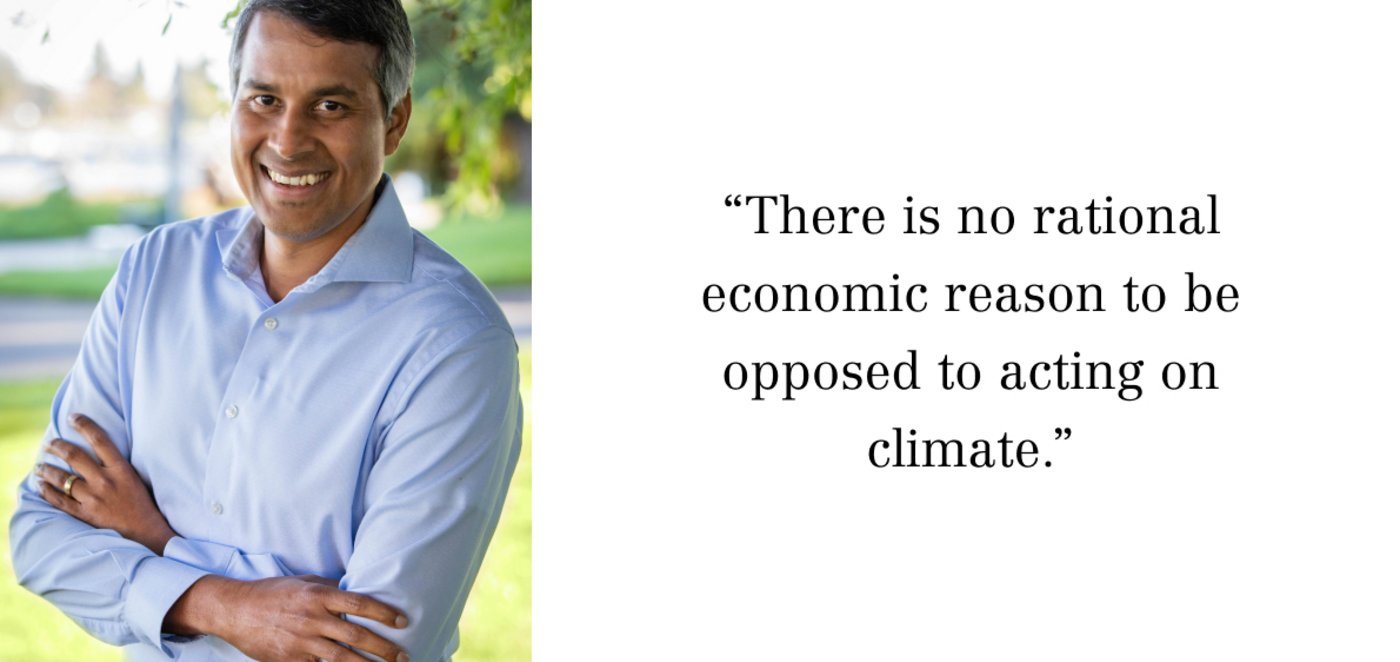DOWN THE DRAIN? SECOND CHANCES FOR USED WATER.
—— So-called graywater can be a building block for a more sustainable use of natural resources. The secondary use of such water can start paying off right now. In the foreseeable future, the relevance of water recycling will continue to increase.


